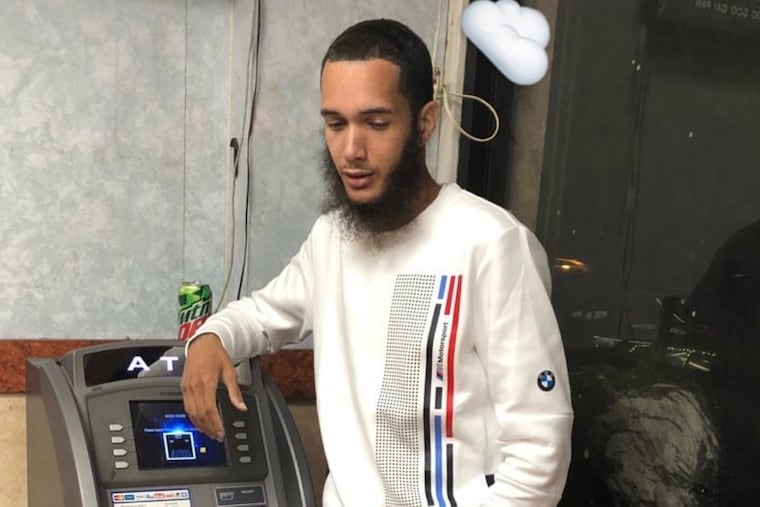Philly hit man involved in seven murders sentenced to a minimum of 40 years in prison.
Amidst an emotional courtroom setting, Steven Williams, described as one of the most notorious contract killers in recent Philadelphia history, was sentenced on Wednesday to serve 40 to 80 years in prison for his involvement in seven murders over a span of just 13 months. The sentence was handed down by Common Pleas Court Judge Rose Marie DeFino-Nastasi after a lengthy hearing, during which family members of the victims conveyed the profound pain and devastation wrought by his violent actions.
Williams, 30, known by the street name “White Boy,” had previously pleaded guilty to four murders in 2022, marking him as an unusually violent figure in the area. Following additional charges in January 2023, Williams confessed to three more homicides that further solidified his reputation as a key player in a series of calculated murders between 2018 and 2019. Authorities asserted that Williams had effectively turned to contract killing as a means of financial survival, accepting thousands of dollars to eliminate specific targets.
The courtroom was filled with more than 50 attendees when the sentence was announced, and an outburst erupted upon Williams’s departure to a holding cell. Spectators expressed their outrage, labeling him a murderer and suggesting he deserved the death penalty for his crimes. Many family members of the victims spoke during the hearing, sharing harrowing accounts of their loss and the long-lasting impact of the killings.
Judge DeFino-Nastasi commented on the palpable pain present in the room, emphasizing the far-reaching consequences of Williams’s actions. The judge noted the significant number of individuals affected by his violent spree, stating that the repercussions of these murders would endure indefinitely. Despite recommendations from the Chief Deputy Attorney General, who called for a minimum sentence of 50 years, Williams received a lesser sentence, prompting further frustrations among the victims’ families.
Prosecutors detailed the circumstances surrounding the seven killings, asserting that Williams often worked alongside two accomplices, both now deceased, to meticulously plan and execute these violent acts. Many victims were ambushed in vulnerable situations, with detailed evidence tying Williams to the crimes, including text messages that boasted of his killing activities.
The investigation remains ongoing, with ties to organized crime, notably linked to a known drug trafficker, I-Dean Fulton. Despite the extensive nature of the case, certain aspects remain elusive as authorities continue to explore the motivations and affiliations surrounding Williams’s murder spree.
Family members who testified expressed deep emotional turmoil and the enduring grief they struggle with daily. The heart-wrenching accounts underscored the devastating emotional costs of Williams’s actions, revealing a long, painful road of recovery for those left behind. As more details continue to emerge from this high-profile case, it highlights the pervasive issues of violence and the far-reaching consequences that follow such heinous crimes in urban landscapes.
In light of the severity of Williams’s actions and the emotional pleas from his victims’ families, the case raises significant discussions about justice, accountability, and the systemic challenges faced in reducing violence in Philadelphia and beyond.
This incident and its implications signal a pressing need for communities to engage in deeper discussions about crime prevention and support for victims’ families.







